IU Press Journals - Transition 113: Transition: the Magazine of Africa and the Diaspora
Here you can read online IU Press Journals - Transition 113: Transition: the Magazine of Africa and the Diaspora full text of the book (entire story) in english for free. Download pdf and epub, get meaning, cover and reviews about this ebook. year: 2015, publisher: Indiana University Press, genre: Detective and thriller. Description of the work, (preface) as well as reviews are available. Best literature library LitArk.com created for fans of good reading and offers a wide selection of genres:
Romance novel
Science fiction
Adventure
Detective
Science
History
Home and family
Prose
Art
Politics
Computer
Non-fiction
Religion
Business
Children
Humor
Choose a favorite category and find really read worthwhile books. Enjoy immersion in the world of imagination, feel the emotions of the characters or learn something new for yourself, make an fascinating discovery.

- Book:Transition 113: Transition: the Magazine of Africa and the Diaspora
- Author:
- Publisher:Indiana University Press
- Genre:
- Year:2015
- Rating:5 / 5
- Favourites:Add to favourites
- Your mark:
Transition 113: Transition: the Magazine of Africa and the Diaspora: summary, description and annotation
We offer to read an annotation, description, summary or preface (depends on what the author of the book "Transition 113: Transition: the Magazine of Africa and the Diaspora" wrote himself). If you haven't found the necessary information about the book — write in the comments, we will try to find it.
Published three times per year by Indiana University Press for the Hutchins Center at Harvard University, Transition is a unique forum for the freshest, most compelling ideas from and about the black world. Since its founding in Uganda in 1961, the magazine has kept apace of the rapid transformation of the African Diaspora and has remained a leading forum of intellectual debate. In issue 113, Transition updates Countee Cullens iconic question by asking, What is Africa to me now? A soul-searchingly private query, its ramifications nevertheless play out in profoundly public ways, around issues of immigration, racial and ethnic tension, and the search for belonging. Guest edited by Benedicte Ledent and Daria Tunca, in this cluster Madhu Krishnan takes Achebes Things Fall Apart as a starting point for defining contemporary African literature, while Louis Chude-Sokei explores through their novels the experiences of Africans living in America. Julie Kleinman reveals the perspective of Malian immigrants in France, and photographer Johny Pitts searches Europe with his camera for what he calls Afropeans. Meanwhile, celebrated author and editor Hilton Als has his own questions about diaspora, which he explores in recollections of a childhood summer in Barbados. Caribbean Canadian novelist David Chariandy also treats Transition readers to a sneak preview of his forthcoming novel, Brother. The issue concludes with a suite of essays that examine the social impacts of collective fear, and askgiven obvious parallels between the Rodney King beating and the murder of Trayvon Martinwhy does this keep happening to young black men?
IU Press Journals: author's other books
Who wrote Transition 113: Transition: the Magazine of Africa and the Diaspora? Find out the surname, the name of the author of the book and a list of all author's works by series.

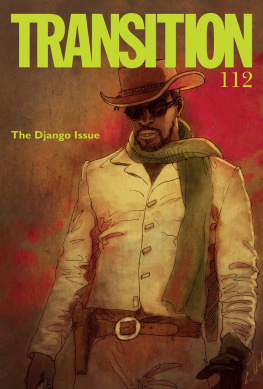
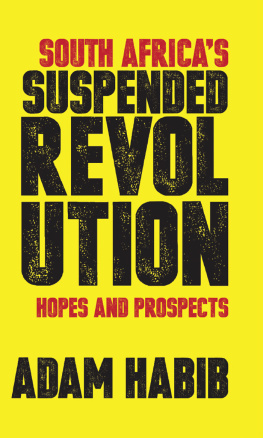
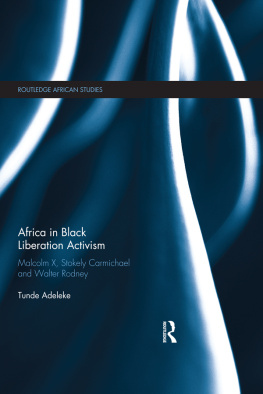
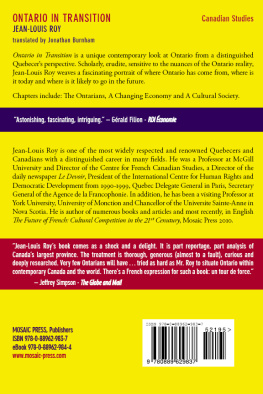
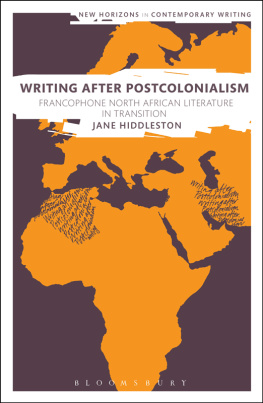
 TRANSITION 113
TRANSITION 113